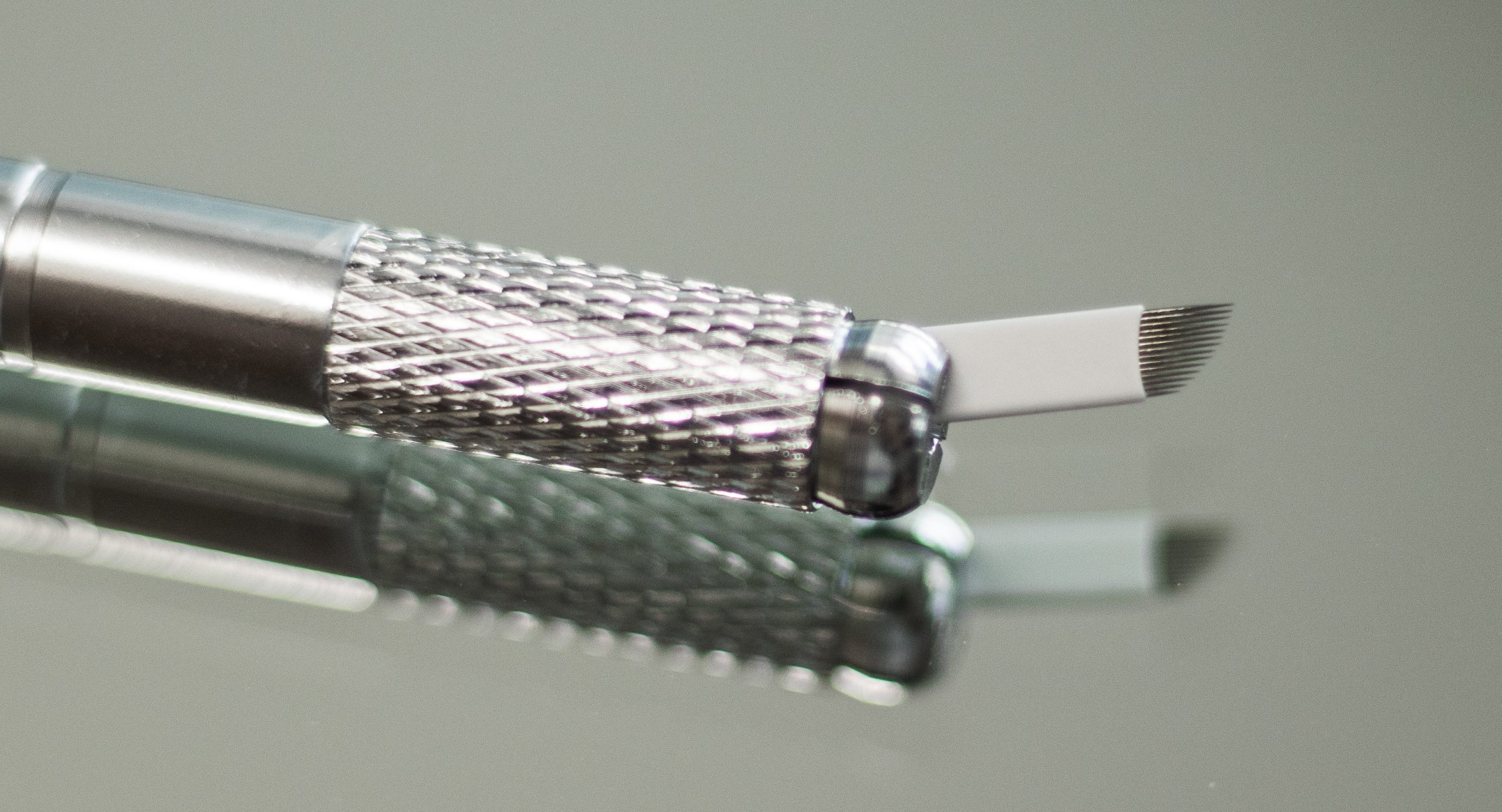

Similarly, oil can make microblading fade faster, so you’ll get less time with your microbladed brows if your skin is very oily. Then you may not be a great candidate at the moment, since microblading will initially cause some inflammation that can exacerbate skin conditions and affect your tattoo’s healing process. Is your skin super reactive and sensitive? Do you have keratosis pilaris on your forehead? Do you currently or consistently deal with breakouts or cystic acne around your brows?

Who is a good candidate for microblading?Ī good candidate for microblading isn’t necessarily based on how little (or how much) brow hair you naturally have-it’s more based on your skin type. Over time, the pigment on your brows will also lighten a shade or two from its original color, whereas a tattoo on your body can have a blue-green tint on the edges when it starts to fade. With microblading, the pigment is applied superficially to your skin (so your body eventually metabolizes it until it fades away), rather than placed into your skin’s deeper layers (where it becomes permanent).īecause of the pigment used and the way it’s applied to the skin, microblading produces a semi-permanent “tattoo” that looks soft and subtle, instead of opaque and bright as with traditional tattoos. Not only do the two use different “inks”-traditional tattoos use concentrated tattoo ink, while cosmetic tattoos use smaller pigment particles-but they’re also applied differently. Microblading is a type of tattoo, but it’s not permanent like a true tattoo. View full post on Instagram Is microblading a tattoo?


 0 kommentar(er)
0 kommentar(er)
